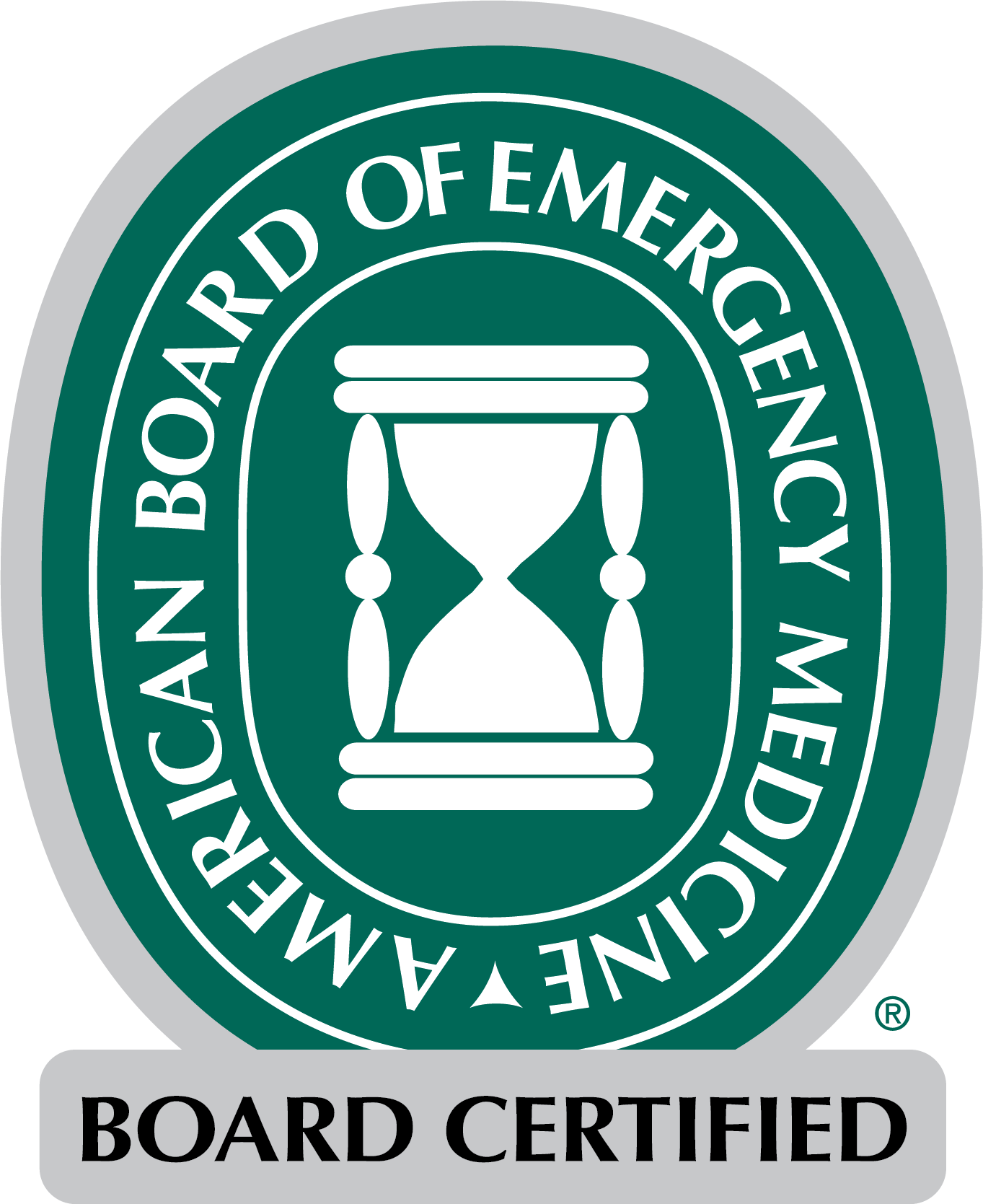If you suffer from anxiety, you are not alone. Anxiety disorders are the most common mental illness in the United States, affecting 40 million adults. That’s 18% of the population! Young and mature people across the nation are suffering and struggling to get access to treatment solutions.
While there are many different treatment options available for anxiety, one of the most effective is Cognitive Behavioral Therapy (CBT). CBT is a type of therapy that helps you identify and change the negative thoughts and behaviors that contribute to your anxiety. CBT has been shown to be effective in the treatment of anxiety, but it can be expensive and time-consuming and difficult to get in to see a reputable therapist. A newer, shorter form of CBT called Primary Care Physician Anxiety Assessment (PCPAA) has shown promising results in the treatment of anxiety.
Read on to learn more about the 5 benefits of having a PCPAA for anxiety.


1. Better Access to Mental Health Services
One of the main benefits of coming to NasonCare Primary Care for an Anxiety Assessment is the ability to quickly see a provider that is affordable and experienced. An assessment in a primary care setting and be referred to other appropriate mental health services if needed quickly.
By making mental health services more accessible, PCPAA can reduce the amount of time it takes for people to get treatment for their anxiety. In turn, this could help reduce the symptoms and improve the quality of life for people with anxiety disorders.
2. Reduced Cost
One of the main benefits of coming to NasonCare Primary Care for an Anxiety Assessment is the ability to quickly see a provider that is affordable and experienced. An assessment in a primary care setting and be referred to other appropriate mental health services if needed quickly.
By making mental health services more accessible, PCPAA can reduce the amount of time it takes for people to get treatment for their anxiety. In turn, this could help reduce the symptoms and improve the quality of life for people with anxiety disorders.
3.Reducing Stigma
Because NasonCare Primary Care Providers assess the physical as well as mental health impact on those struggling with anxiety, it can be easier for people who are reluctant to seek help from a mental health professional to do so in this less intimidating environment.
A small river named Duden flows by their place and supplies it with the necessary regelialia. It is a paradisematic country, in which roasted parts of sentences


4. Improved Diagnosis
Finally, another benefit of NasonCare’s Primary Care Anxiety Assessment is that it can be used to help diagnose anxiety more accurately and quickly. We use various diagnostic tools to assess the patient’s anxiety and decide the best course of action. A primary care physician identifies signs and symptoms that are more subtle and/or that impact physical health than those noticed by a mental health professional.
5. Cost-Effective and Time-Saving
NasonCare’s anxiety assessment is a cost-effective and time-saving option. When anxiety strikes, we are open 7 days a week from 8am to 8pm for walk-ins. Knowing that our Primary Care program can provide an accurate diagnosis, at affordable prices, with little to no wait time, can help patients when they need it most. Saving the patient from having to schedule multiple appointments for therapy sessions, combined with the benefit of your primary care anxiety assessment typically being covered by health insurance, makes this a more expedited, affordable option.
The impact of anxiety on physical health
Having anxiety is more than just a mental health issue. It can also have an impact on a person’s physical health. Anxiety can lead to a variety of physical problems, such as an irregular heart rate, headaches, nausea, hair loss, body aches, sleep deprivation, and stomachaches. It can also weaken the immune system, making it harder for an individual to fight off viruses and infections. This can lead to frequent occurrences of colds, flus, and other illnesses.
Having a primary care physician anxiety assessment can help individuals identify the root cause of their physical issues and take action to reduce their anxiety and improve their physical health. Treatment may include medication, cognitive behavioral therapy (CBT), lifestyle changes, and relaxation techniques, among others. By understanding the physical consequences of anxiety and receiving appropriate treatment, individuals can take back their health and well-being.
The importance of early diagnosis and treatment
Early diagnosis and treatment of primary care physician anxiety are essential for reducing symptoms and improving patients’ quality of life. Having an accurate diagnosis helps ensure that individuals are receiving the right care and therapy for their condition, which can lead to quicker symptom relief. In comparison, if anxiety is left untreated, symptoms can worsen, leading to a decrease in quality of life.
Early diagnosis can also help lead to better long-term outcomes. Untreated anxiety can lead to physical health risks such as high blood pressure, heart disease, and even stroke. Early diagnosis can help to reduce these physical health risks.
When having an anxiety assessment with a primary care physician, individuals should be prepared to provide information about their symptoms, the impact it has on their life, and their family history. A primary care physician can use this information to look for signs of anxiety and other mental health disorders and start patients on the path to early treatment, if necessary.


The role of primary care physicians in anxiety management
When managing an anxiety disorder, it is important to have the help of a NasonCare primary care physician. Our providers can play an important role in diagnosing and treating anxiety. They are trained to help individuals identify the signs and symptoms of anxiety and provide an initial treatment plan.
We can then provide referrals to specialist treatment providers, such as anxiety therapists or psychiatrists as needed. The NasonCare Primary Care team assesses the severity of the anxiety and adjusts medications and treatment plans as needed. Call NasonCare or walk in for your assessment.




